Hey there! Have you ever questioned if there’s a natural restore for the ones cussed pimples breakouts that simply received’t cease? I get it—acne can sense like an uninvited guest that overstays its welcome. A at the same time as again, my pal Addison become within the equal boat. She’d tried every cream, gel, and potion below the solar, however her pores and skin simply wouldn’t cooperate. Then she stumbled across sulfur soap, and let me tell you, it changed into a total recreation-changer for her. Her face went from breakout important to smooth and clear in a count number of weeks. Intrigued? Stick with me—I’m going to stroll you through everything you want to realize approximately sulfur soap for acne, from what it’s far to how it works, and whether or not it is probably the secret weapon your pores and skin’s been watching for.
What is Sulfur Soap?

So, what precisely is that this magical-sounding sulfur cleaning soap? At its middle, it’s a bar cleaning soap infused with sulfur—a natural detail that’s been used for hundreds of years to tackle pores and skin issues. Unlike your usual body wash, sulfur soap is formulated to help with such things as zits, eczema, or even psoriasis. It’s were given this unique mixture of antimicrobial and keratolytic properties, which basically approach it fights micro organism and facilitates slough off lifeless skin cells. Pretty cool, right? According to Healthline, sulfur’s been a go-to in natural medicine forever, and it’s still holding strong in today’s acne-fighting lineup.
Main Ingredients in Sulfur Soap
Now, sulfur’s the star of the show here, usually making up about 3-10% of the soap—that’s the sweet spot approved by the FDA, as noted by Soapy Stuff. But it’s not flying solo. You’ll regularly find other chocolates like vegetable glycerine and vitamin E tossed into the mixture. These help maintain your pores and skin hydrated and satisfied, so it doesn’t feel like a wilderness after washing. Take a peek at something like The English Soap Company’s sulfur soap—they’ve got these nourishing extras that make it a little gentler on your face.
How Sulfur Soap is Made
Ever wonder how they whip this stuff up? It’s kind of fascinating. Manufacturers take sulfur powder and mill it into a cool, low-moisture soap base. This process keeps the sulfur active and ready to tackle your skin woes. Soapy Stuff explains that it’s often done on a commercial scale to ensure the soap’s just right for acne-prone skin. The end result? A cleansing bar that’s not just soap—it’s a mini treatment in itself.
How Does Sulfur Help with Acne?
Alright, permit’s get into the nitty-gritty: how does sulfur truly help your acne? It’s like a superhero with more than one killer actions. First, it’s antimicrobial, so it is going after the acne-causing micro organism—like Propionibacterium acnes—that like to installation camp on your pores. Second, it’s keratolytic, that could be a problematic way of announcing it softens and breaks down vain pores and skin cells which could clog matters up. And as a bonus, sulfur dries out excess oil, which is a big acne trigger. Medical News Today and Byrdie both rave about how these powers team up to zap pimples and keep your skin clearer.
Scientific Explanation
Want the science made simple? Sulfur targets those pesky bacteria while softening the keratin in your skin—that’s the tough protein that can block pores. By breaking it down, sulfur helps exfoliate naturally, unclogging pores and stopping new breakouts in their tracks. Studies mentioned on Medical News Today even show it can team up with stuff like benzoyl peroxide for an extra acne-fighting boost. It’s not rocket science—it’s just smart skincare.
Different Types of Acne and Sulfur Soap’s Effectiveness

Not all acne is created equal, so how does sulfur soap stack up against different types? It’s a champ for mild to moderate acne—think whiteheads and blackheads. These are the ones caused by clogged pores, and sulfur’s exfoliating and oil-drying magic works wonders here. But if you’re dealing with severe or cystic acne—those deep, painful bumps—it might not cut it alone. Healthline points out that sulfur’s best for oily or combo skin, while StyleCraze warns that dry or sensitive skin types should tread lightly to avoid irritation.
Acne Types That Benefit Most
Zooming in, sulfur soap shines with whiteheads, blackheads, and some inflammatory acne. These are all tied to excess oil and dead skin buildup—exactly what sulfur loves to tackle. Healthline backs this up, saying its drying and exfoliating combo is spot-on for these surface-level breakouts.
Suitability for Hormonal Acne
What about hormonal acne, though? That’s trickier. Sulfur can help with the pimples you see on the surface, but it won’t fix the hormonal chaos brewing underneath. Verywell Health suggests it’s a solid player in a bigger game plan, but you might need something like birth control pills or spironolactone to really get to the root of hormonal breakouts. Think of sulfur soap as a helpful sidekick, not the whole solution here.
How to Use Sulfur Soap Effectively
Ready to give sulfur soap a whirl? It’s tremendous clean to apply, however a little expertise is going a long manner. You can lather it up a few times a day—wet your pores and skin, rub it on, and rinse it off thoroughly. If you’re a newbie, start slow—maybe a few times a week—to see how your skin vibes with it. The Mayo Clinic advises against mixing it with other hardcore acne treatments right away to dodge irritation. Slow and steady wins the race!
Step-by-Step Guide
Here’s the playbook: Wet the bar, work up a lather in your hands, and gently massage it onto your face or wherever the acne’s popping up. Give it about 30 seconds of love, then rinse it off completely and pat dry with a towel. Daily use is fine, but if your skin starts screaming “too much!”—dial it back.
Tips for Usage
A few pro tips: Use it in the morning to kickstart your day or at night to wash off the grime—your call. Keep an eye on how your skin’s feeling; if it’s getting tight or flaky, ease up. Cassandra Bankson swears by starting slow and giving it a few weeks to show results. Patience is your friend here.
Benefits of Using Sulfur Soap for Acne
Why should you even bother with sulfur soap? Oh, let me count the ways. It calms down inflammation and redness, so your pimples don’t look so angry. It dries out existing zits to speed up healing, keeps new ones from crashing the party by clearing pores, and smooths your skin with its exfoliating mojo. Byrdie loves how it’s a natural option that’s usually gentle enough for most folks who want to skip the heavy chemicals.
Testimonials or User Experiences
Don’t just take my word for it—people are raving about this stuff. StyleCraze shares stories of users who saw clearer skin in just a few weeks after striking out with other treatments. It’s like a little victory dance for their faces, and it might be for yours too.
Long-Term Effects
Stick with it, and the payoffs keep coming. Shani Darden Skin Care says consistent use can mean fewer breakouts and a smoother complexion over time. It’s not an overnight miracle, but it’s a steady climb to better skin—worth it, right?
Potential Side Effects and Considerations
Okay, let’s hold it real—sulfur soap isn’t perfect for everyone. Some parents may be aware irritation, dryness, or peeling, particularly if their pores and skin’s at the sensitive aspect. And yeah, there’s that smell—it’s kind of like rotten eggs, but it fades after you rinse. The Mayo Clinic indicates doing a patch check first (like to your arm) to ensure your skin’s cool with it earlier than slathering it in your face.
Managing Side Effects
Hit a rough patch? No worries—slap on a gentle moisturizer after washing to combat dryness, or cut back to every other day. You could even mix it up with a milder cleanser on off days.
When to Seek Medical Advice
If your skin’s freaking out—like serious redness that won’t quit or acne that’s getting worse—hit pause and call a dermatologist. Healthline reminds us that sulfur’s not a one-size-fits-all fix, and a pro can steer you toward what’ll really work for you.
Choosing the Right Sulfur Soap
Shopping for sulfur soap can feel like a treasure hunt, but here’s the cheat code: aim for 3-10% sulfur—that’s the FDA-approved range, per Soapy Stuff. Beyond that, think about your skin’s needs. Dry skin? Look for glycerin or moisturizers. Oily skin? Maybe snag one with salicylic acid for extra oomph. Bustle has a roundup of top picks if you need inspo.
What to Look for in Labels
Peek at the label—sulfur over 10% isn’t just overkill, it’s not even allowed in OTC products, says Kate Somerville. Skip soaps with artificial fragrances or dyes too—those can stir up trouble for sensitive skin. Keep it simple and clean.
Recommendations for Different Skin Types
Here’s the breakdown: Oily skin loves sulfur soaps with exfoliants like salicylic acid. Dry skin? Go for ones with glycerin or aloe to stay hydrated. Sensitive skin? Fragrance-free is your safest bet.
Comparison with Other Acne Treatments
How does sulfur soap stack up towards the massive weapons like benzoyl peroxide and salicylic acid? They’re all heavy hitters, but they’ve were given exceptional patterns. Benzoyl peroxide is a beast at killing bacteria—fast—but it can irritate and bleach your towels. Salicylic acid’s ace at unclogging pores, though it’s not as tough on bacteria. Sulfur? It’s gentler, natural, and great for sensitive skin, per Proactiv. Verywell Health adds that it’s less likely to dry you out like benzoyl peroxide might.
Pros and Cons
Check out this quick rundown:
| Treatment | Pros | Cons |
|---|---|---|
| Sulfur Soap | Gentle, natural, suits sensitive skin | Can dry out, has a funky smell |
| Benzoyl Peroxide | Super antibacterial, quick results | Irritating, bleaches stuff |
| Salicylic Acid | Great exfoliator, clears pores | Weaker on bacteria, might sting |
When to Switch or Combine Treatments
Give sulfur soap 6-8 weeks—if it’s not cutting it, switch gears or mix it up. Maybe use sulfur in the AM and a retinoid at night for a one-two punch. Medical News Today says a dermatologist can help you craft the perfect combo if solo sulfur isn’t your jam.
Conclusion
So, there you have it—sulfur soap’s a solid contender for tackling mild to moderate acne the natural way. It fights bacteria, clears pores, and keeps oil in check, all while being pretty gentle on your skin. My friend Addison’s glowing proof it can work wonders, but it’s all about using it smart—start with a patch test, listen to your skin, and don’t be shy about chatting with a derm if you’re unsure. Have you given sulfur soap a shot? Drop your story in the comments—I’d love to hear how it’s worked for you!

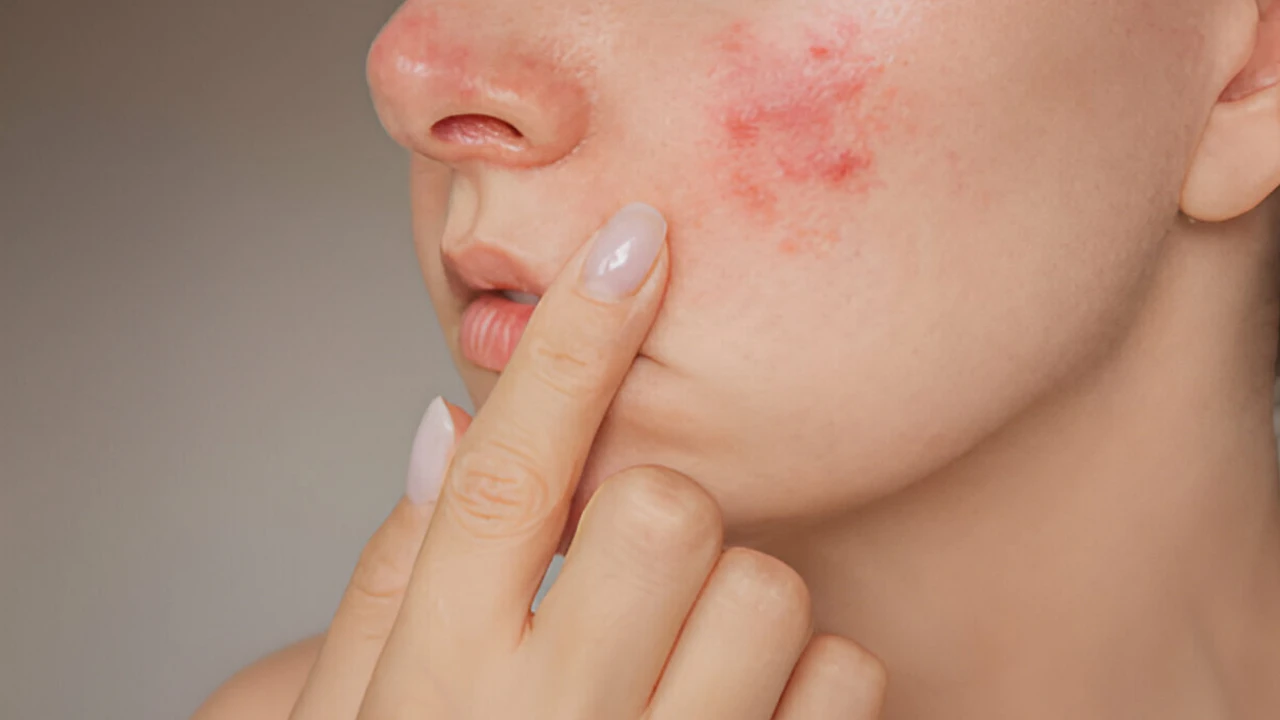

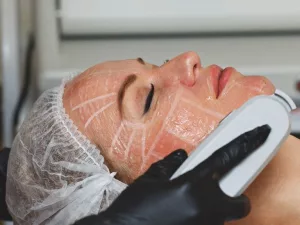
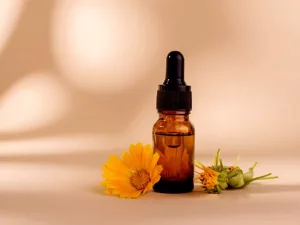
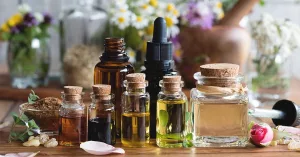
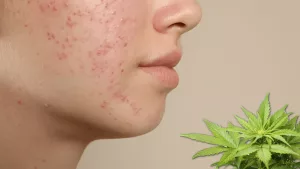
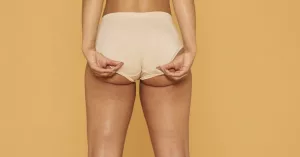
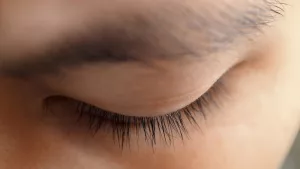


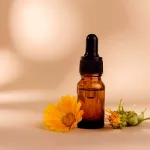

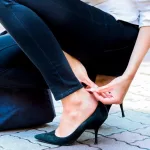











Leave a Reply
You must be logged in to post a comment.